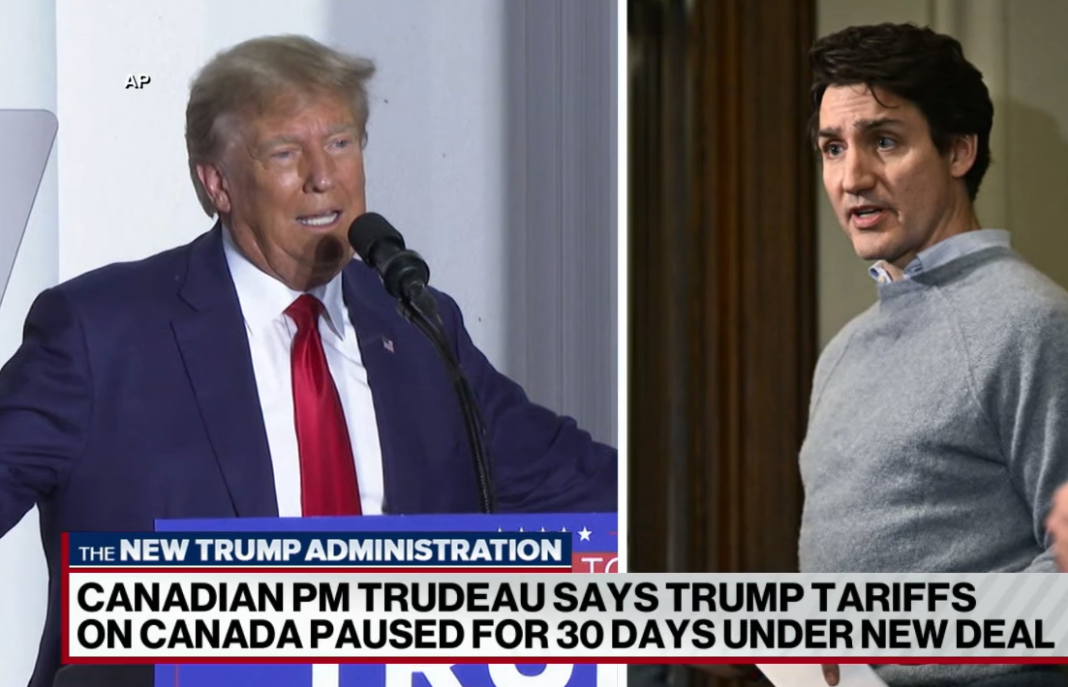High-Stakes Trade Dispute: Ontario, Starlink, and US Tariffs
In a rapidly unfolding saga, Ontario’s push to expand high-speed internet access has collided with international trade disputes, political maneuvering, and corporate power struggles. The province’s Premier, Doug Ford, recently made headlines by canceling a $100 million contract with Starlink, Elon Musk’s satellite internet provider. The move, which Ford attributed to ongoing US tariffs, has sparked debate over transparency, policy decisions, and the broader implications for rural connectivity.
Key Developments and Political Turmoil
Ontario’s Internet Expansion Plan
Ontario has been working towards ensuring widespread high-speed internet access by 2025, particularly in remote and underserved regions. The government had initially secured a contract with Starlink, a subsidiary of Musk’s SpaceX, as a solution to bridge the connectivity gap. However, the agreement quickly became a point of contention.
The Role of US Tariffs and Trade Relations
The backdrop to this decision involves rising trade tensions between Canada and the United States. With US-imposed tariffs affecting Canadian industries, Ford’s administration viewed the Starlink contract as politically untenable. The decision to sever ties with an American company was framed as a retaliatory move against these economic measures.
Political Accusations and Backlash
Criticism of the deal emerged from opposition figures, notably Ontario Liberal leader Bonnie Crombie, who called it a “sweetheart deal.” Speculation arose that Ford’s initial support for Starlink was influenced by Musk’s close ties to the Trump administration. Some suggested that Ford had hoped Musk might use his influence to ease tariff pressures, leading to concerns about political favoritism.
As the controversy escalated, Ford defended the deal’s transparency, arguing that Starlink was the best solution for Ontario’s rural internet challenges. However, public and political pressure ultimately led to its abrupt cancellation, fueling concerns about legal repercussions and potential lawsuits.
Broader Implications for Businesses, Economy, and Governance
Impact on Rural Communities
The abrupt contract termination leaves rural Ontarians in limbo. Many communities that had anticipated Starlink’s services must now wait for alternative solutions, further delaying their access to essential online services such as education, healthcare, and business operations.
Legal and Financial Fallout
The legal consequences of canceling a $100 million contract are significant. Starlink is likely to pursue legal action, and if successful, the financial burden could fall on Ontario taxpayers. The situation raises questions about contract management and the risks of government decisions driven by external political pressures.
Tech Companies as Essential Service Providers
The controversy underscores the growing influence of tech giants like Starlink in critical infrastructure. With satellite internet increasingly seen as a utility, discussions about regulation, accountability, and fair competition in the telecom industry are becoming more urgent.
Looking Ahead: What Comes Next?
For Ontario’s Government and Policymakers
- Finding a Viable Alternative – The province must quickly secure a replacement solution for rural internet expansion without further political complications.
- Ensuring Transparency – Future infrastructure contracts must be handled with greater transparency to avoid allegations of favoritism or backroom deals.
- Trade Negotiations – Engaging in meaningful discussions with the US government to address tariff-related concerns will be crucial for economic stability.
For Businesses and the Tech Industry
- Adapting to Political Risks – Companies working with government contracts must assess political risks and ensure compliance with trade policies.
- Expanding Market Strategies – Canadian tech firms may find new opportunities in domestic internet infrastructure projects as the government seeks alternatives to US-based providers.
- Shaping Regulatory Frameworks – As tech firms like Starlink gain influence, policymakers must consider regulations that balance competition and public interest.
For Rural Communities and Citizens
- Advocating for Connectivity – Public pressure can help ensure that the government remains committed to delivering reliable internet access.
- Exploring Private Alternatives – Some communities may turn to local telecom providers or emerging technologies to bridge the gap in internet access.
- Understanding Policy Implications – Voters should remain informed about how political decisions impact infrastructure development and economic policies.
Final Thoughts
The Ontario-Starlink controversy is a striking example of how international trade disputes, political dynamics, and corporate influence can shape public infrastructure projects. As rural communities await a new connectivity solution, policymakers must balance economic pressures with the urgent need for reliable internet. Moving forward, greater transparency, strategic planning, and regulatory oversight will be essential in navigating these complex intersections of technology, governance, and public interest.
James Patel is an experienced business journalist reporting on mergers, acquisitions, and corporate governance. He has contributed to The Wall Street Journal and Reuters.




